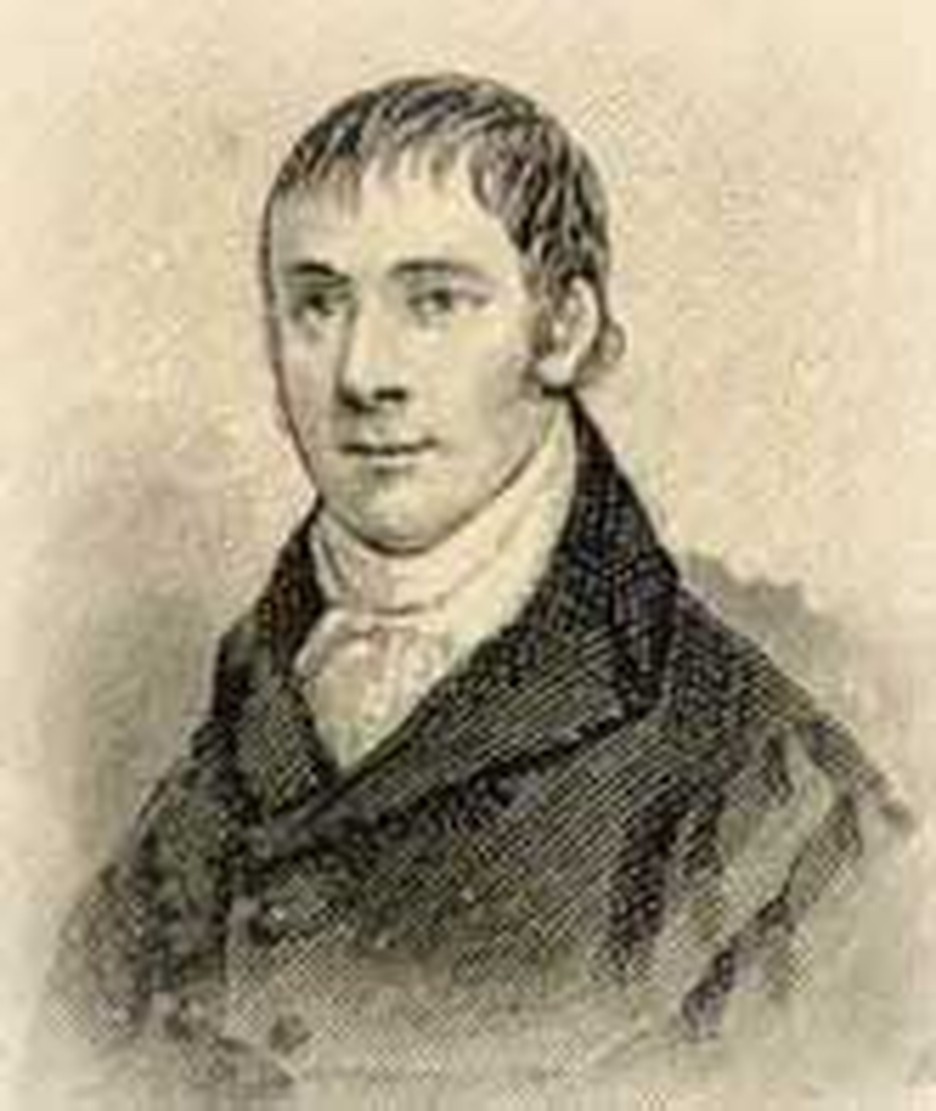
On this day, March 7, 1823, missionary William Carey picked up his pen with a heavy heart and jotted a note to fellow missionaries in Calcutta. "Our dear brother Ward breathed his last about half an hour ago, viz. a quarter before five o'clock and will be committed to the grave tomorrow evening. It will be a comfort under our affliction, to see any of our brethren from Calcutta on that painful occasion. I am very affectionately your --Wm Carey."
William Carey, founder of Baptist missions, is known to hundreds of thousands of people. He produced dozens of books in the languages of India, including several translations of the Bible. What he achieved would have been impossible without someone like William Ward, who became the mission's printer.
Ward was born in Derby England in 1769. He was apprenticed to a printer and became so skilled at his craft that he edited the Derby Mercury. At the age of twenty seven, he realized that he needed Christ to save him from his sins. Making Christ his Lord, he was baptized in a Baptist church at Hull. Ward became a Baptist minister.
Before Carey sailed to India, the two men met. Carey planted a seed in Ward's mind. "If the Lord bless us, we shall want a person of your business to enable us to print the Scriptures; I hope you will come after us." Three years later, in 1799, Ward sailed to join Carey in India as one of three key members of the Serampore mission. Almost as soon as he arrived, he printed the New Testament in Bengalese.
In the following years, Ward printed much other mission material and wrote his own book on Hindu culture and history. In 1819, he stumped Europe, raising funds for the Serampore mission.
Back in India, he resumed his work. On March 5, 1823 he preached a sermon on the text "He that believeth and is baptized shall be saved; he that believeth not shall be damned." (Mark 16:16). He seemed in perfect health when he went to bed that night.
The next morning he did not feel well, and skipped his usual walk, but joined in prayer and had breakfast. By eleven, he was obviously very ill. Later that day, one of the missionaries lost a child to cholera. By then, Ward's condition had forced him to lie down. He arranged for a coffin for the child and continued resting, remarking cheerfully that he thought he had taken a touch of cholera himself. But after dozing a while, he said he felt a little better.
Although his condition was dangerous, no one recognized just how sick he was. They believed he would soon get better. The doctor expected so, too. But the next day, Ward was worse. When his wife offered him a drink shortly before noon, he was unable to take it. "Oh dear," he said. Those were his last words; his pulse steadily declined until he breathed his last.
Bibliography:
- Cathcart, William, ed. The Baptist Encyclopedia, 2 vols., rev. ed. Philadelphia: Louis H. Everts, 1883.
- "Center for Study of the Life and Work of William Carey, D.D. (1761-1834)" https://www.wmcarey.edu/carey/bios/biographies.htm and https://www.wmcarey.edu/carey/ward2/religion.htm
- "Memoir of the Rev. William Ward, one of the Serampore Missionaries." Philadelphia: American Sunday School Union.
- "William Ward." https://www.baptistpage.org/ Distinctives/missions/ward.html
Last updated June, 2007



